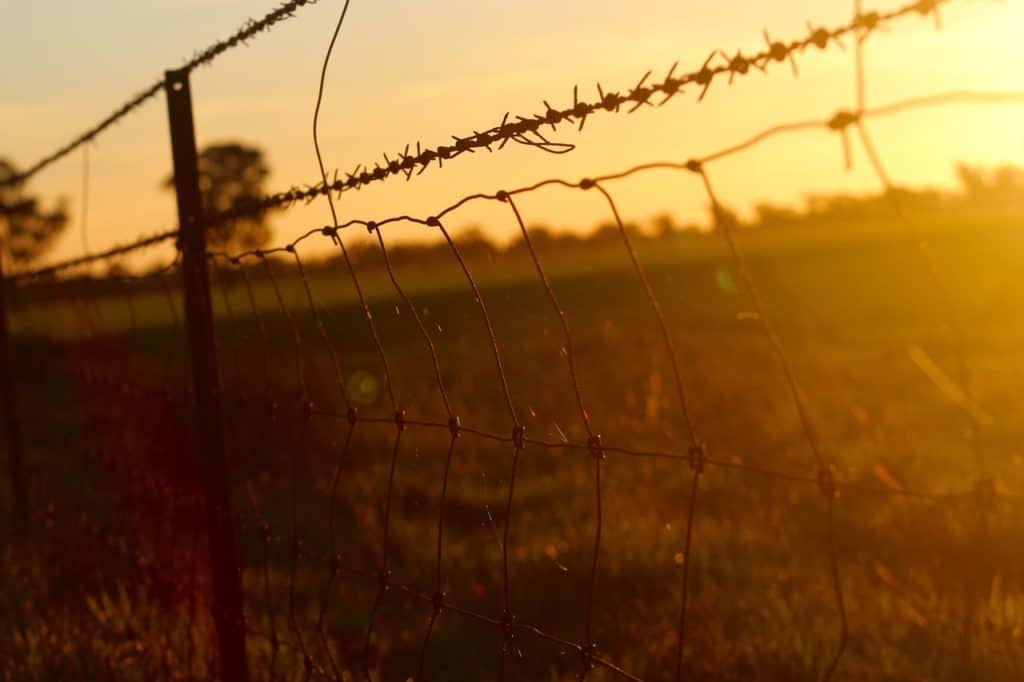Casestudy
I was recently asked by a client to spend some time with their Union Representative, mainly to build a relationship so we can work together to change the culture at their manufacturing site. I offered to take him on tour of a client site where we had completed a very successful culture change.
The client we toured was a prison in a rural location where I had previously worked with the prison officers to change culture.
At the time I made the offer I had no idea how satisfying it would be (for me) to return to this site. It had been roughly 2 years since I’d been there so my memories were still tainted by the previous culture.
When I first started work with them most employees described the culture as “toxic”, which was accurate. The people I met in my first visit, six years ago, were openly critical of each other, deliberately undermining each other, living in the past, and very defensive. They were unhappy to say the least and suspicious, critical, and even fearful to say the most.
Fast forward to roughly 12 months ago. I had the privilege to take my new colleague on a tour of a site with healthy, supportive, friendly, and happy people. Wow, what a difference.
As we had worked on changing the culture most of my work had been with the Operations Managers, Supervisors, and Senior Prison Officers but during our tour my new colleague interacted with a lot of Prison Officers, many I had never met. It was very satisfying to hear how their lives had changed as a result of the culture change. People talked about being happier, more confident, relaxed, and even feeling safer. The GM of the site talked about less issues, less distractions in his day, smoother operations, things getting done, and being more relaxed himself.
How great is that?
But it went further than this. The GM also talked about their work being easier as the Prisoner Population was also better behaved. The amazing thing was that his staff numbers had doubled, the prisoner population had doubled, they’d had construction works, and yet he felt more relaxed.
My point here is the impact of culture is significant, more significant than things like Prisoner numbers, staff numbers, or other organisational factors. It’s so significant that Culture Change goes much deeper than just improving organisational performance or profit. People’s lives change for the better. It can be hard work at times. The change at this prison was not easy, but it’s worth it. Really worth it.






